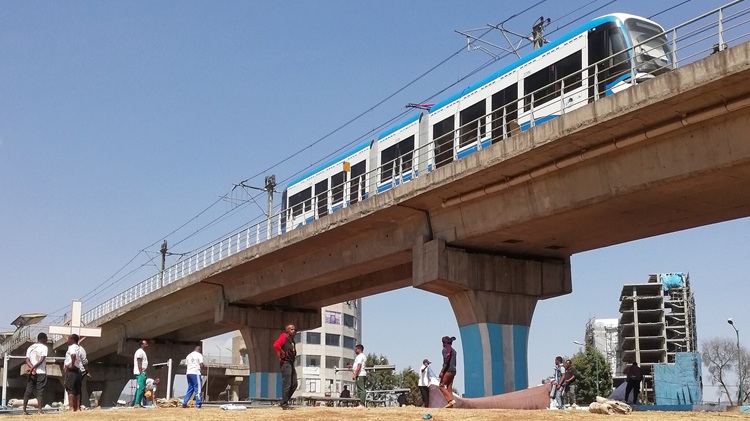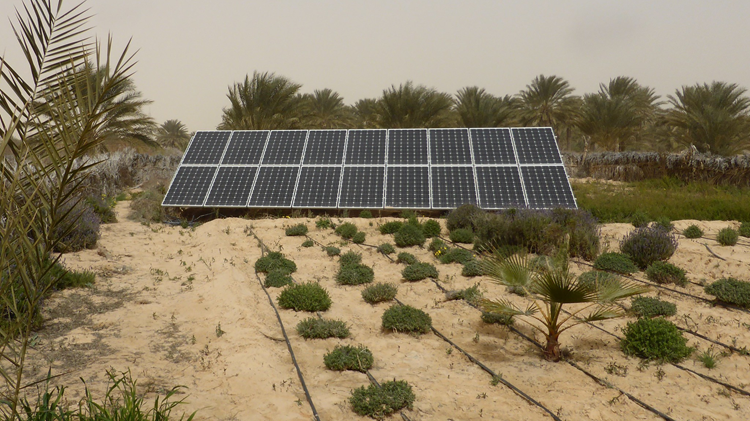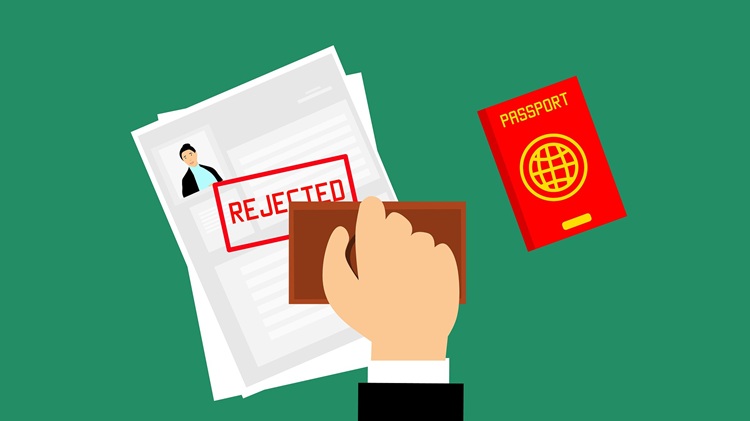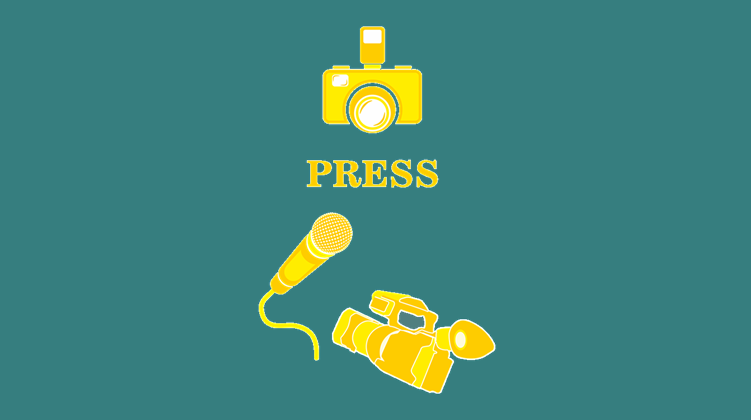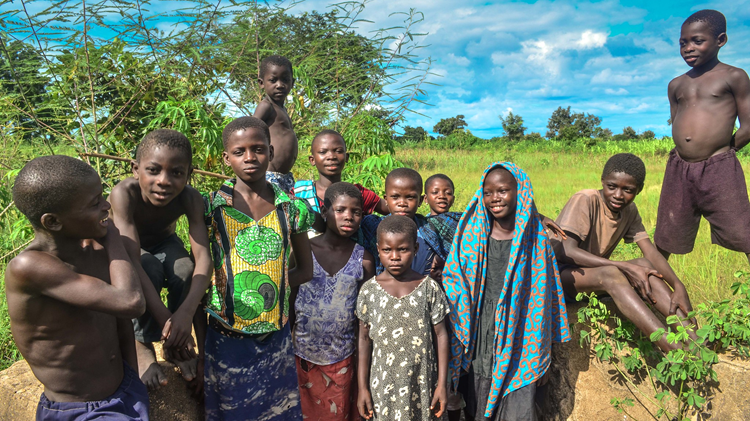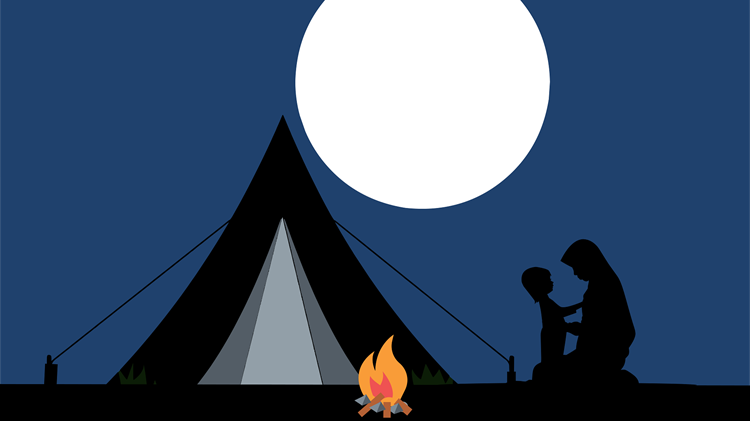Democracy, disconnected: the quiet rise of digital control
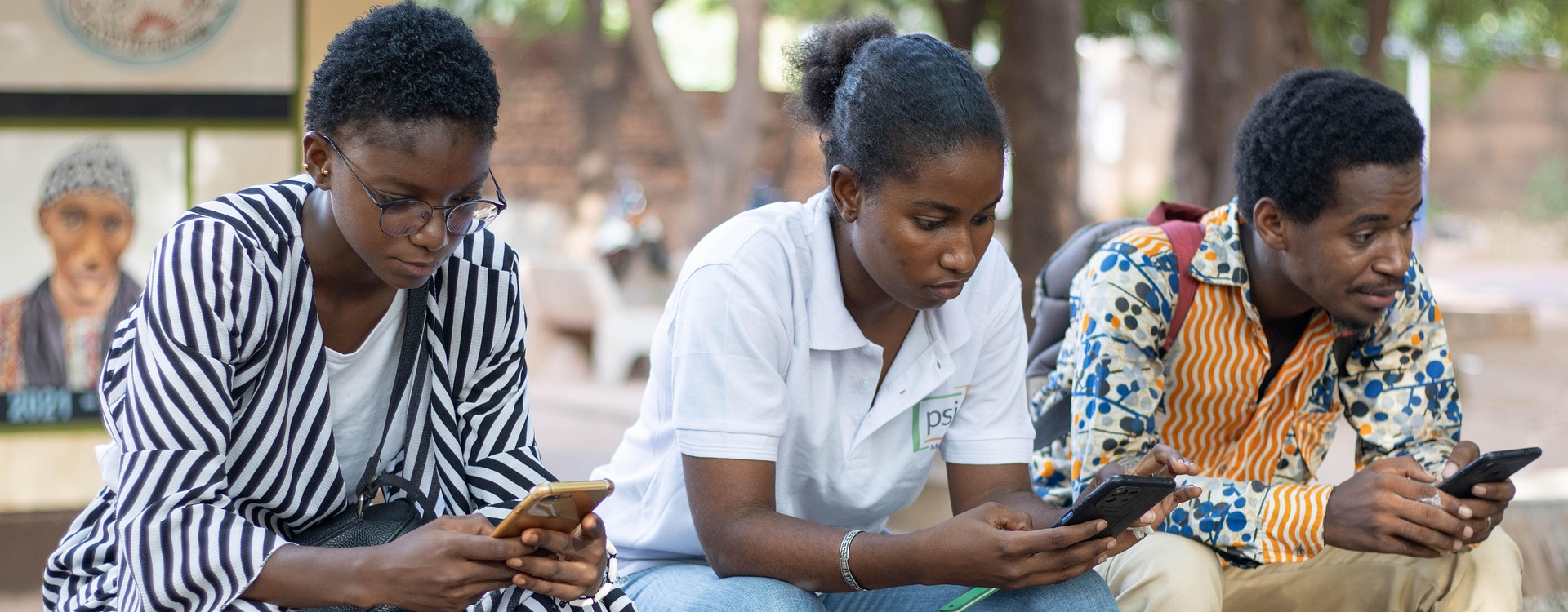
In an age of hyper-connectivity, the power to shut down the internet is the power to shut down democracy.
A disturbing trend is emerging across Africa and beyond. Online spaces are increasingly being silenced—often by governments acting under the guise of national security or electoral integrity, and occasionally through infrastructure attacks by armed groups or indirect constraints from private gatekeepers.
In 2024, Africa experienced a record number of internet shutdowns—21 across 15 countries—as governments curtailed digital access during moments of protest, unrest or political tension. In some cases, armed groups also disrupted connectivity by targeting infrastructure, adding to the instability. According to Access Now and the #KeepItOn coalition, this marked the continent's worst year on record and is part of a global high of 296 shutdowns in 54 countries. Ethiopia, Sudan and Senegal were among the hardest hit, with repeated shutdowns tied to conflict, elections and civil unrest.
Worldwide, authorities have shut the internet down more than 1 700 times since 2016, frequently during protests, elections or other politically charged events. India has repeatedly topped global charts, and in Iran, blackouts have become a standard response to unrest. As this pattern spreads, Africa faces a crucial crossroads: will digital connectivity serve as a democratic lifeline or a lever of control? The answer depends on how we choose to protect—and reimagine—access in the years ahead.
A troubling paradox emerges in our digital age. While governments frequently criticise tech giants for overreach, they simultaneously deploy internet shutdowns and other measures to address perceived threats like disinformation and mobilisation for protests. Meanwhile, big tech firms own the platforms we depend on and operate with limited public oversight. These companies are tasked with moderating harmful content—removing hate speech, false claims and incitement to violence. However, their moderation practices have drawn intense criticism: algorithms that amplify outrage, opaque decision-making, uneven enforcement and a lack of investment in non-Western contexts all undermine their credibility. For instance, during Ethiopia's Tigray conflict, Facebook's algorithms reportedly amplified harmful content targeting the Tigrayan community. In a tragic case, Professor Meareg Amare was killed after Facebook posts incited violence against him. His son, Abrham Meareg, is now part of a lawsuit against Meta, alleging that the company's failures in content moderation contributed to his father's death.
Worldwide, authorities have shut the internet down more than 1 700 times since 2016
Further, consider satellite-based services like Starlink. Though sometimes seen as a way to circumvent state-controlled networks, these services typically require government approval to operate legally. In African countries, such as Nigeria and Zimbabwe, regulators have warned against the unlicensed use of Starlink terminals, highlighting that even satellite-based tools remain subject to state oversight. Individuals have attempted to use them without authorisation—raising new questions about access, enforcement and accountability. This leaves society caught between two powerful forces. When neither public nor private guardians can be fully trusted with digital access, the very foundation of democracy is at risk.
When digital access can be controlled by governments or gated by corporations, who decides what voices are heard?
Forced disconnections do not merely inconvenience people; they reshape entire societies. In 2022, the global economic cost of internet shutdowns was estimated at more than US$20 billion, with much of the impact felt in lower- and middle-income countries. In Africa, where mobile money services and digital platforms underpin much of the informal economy, these disruptions can be ruinous. In Ethiopia, for example, repeated shutdowns during conflicts have stifled communication, disrupted aid delivery and hindered efforts to document human rights abuses. Cutting internet access redraws the map of who can speak, learn, trade and mobilise. For small businesses reliant on mobile money, a shutdown is a direct hit to revenue. Students miss critical exams. Journalists and activists find themselves isolated from their networks and broader media coverage.
Meanwhile,digital inequality deepens. Rural or under-resourced areas often lack backup infrastructure or alternative communication channels. These regions are the first to go silent when networks fail, and the last to come back online.
Africa’s youth are fueling a surge in digital creativity and civic participation. From mobile-first economies to online movements, connectivity is now central to how many Africans work, learn and engage politically. As digital participation expands, so too must our commitment to treating access as a fundamental democratic right—one as vital as free speech or assembly.
Yet, this promise collides with a stark contradiction. Even as governments champion digital innovation and tech-driven growth, many switch the internet off at will. As Julie Owono of Internet Without Borders notes, ‘You cannot fully embrace a digital economy while weaponising the very infrastructure it relies on.’
In response, civil society is adapting. Tawanda Mugari, co-founder of the Digital Society of Africa, is equipping citizens with tools to resist shutdowns—Virtual Private Networks (VPNs), offline apps and circumvention guides now form part of a growing digital resistance movement.
Some progress is emerging at the policy level. In 2024, the African Commission on Human and Peoples’ Rights passed a landmark resolution condemning internet shutdowns. Under mounting public pressure, both Mauritius and South Sudan revoked shutdown orders in early 2025.
Connectivity is not a luxury—it’s a necessity for economic survival, civic engagement and human rights
Still, enforcement remains weak, and corporate complicity—though often coerced—is widespread. Telecom companies frequently comply with shutdown orders, not necessarily out of agreement, but because they face legal obligations and the risk of losing their operating licenses. As Access Now warns, even within these constraints, providers should align with the UN Guiding Principles on Business and Human Rights, challenge unlawful directives, and commit to greater accountability.
Will the future be freely connected, conditional or controlled?
In a world increasingly reliant on digital networks, the power to silence is essentially the power to reshape the future.
The geopolitical backdrop of rising tensions, contested elections and power vacuums heightens the likelihood of new or prolonged shutdowns. Democracy may be switched off in a moment, but the consequences stretch far beyond that instant, severing a society from its own potential and placing control in the hands of a few.
A more hopeful future could emerge if we treat connectivity as an indispensable public good—safeguarded and enriched by everyone. That means designing regional safeguards, supporting infrastructure resilience, and investing in public digital literacy to ensure shutdowns cannot be wielded so easily. What if internet shutdowns were not the endpoint of state power, but the beginning of a new conversation about digital democracy?
History reminds us that society’s collective voice predates—and can outlast—any single technology.
Still, building a future where digital rights thrive demands a united front. This is a systemic problem that no single actor can tackle alone. To prevent a dark and disconnected tomorrow, each must step up:
- Civil Society & NGOs: Stay vigilant through watchdog initiatives, strategic litigation and public awareness campaigns.
- Citizens: Pressure leaders, share knowledge and champion digital rights as a core element of modern democracy.
- Governments: Adopt transparent legal frameworks limiting shutdowns, with strict oversight and judicial review.
- Telcos & Tech Giants: Uphold human rights standards, resist unlawful demands and publish transparency reports—and advocate for a global compact on shutdown transparency that commits all providers to shared accountability norms.
- Donors & International Bodies: Condition financial support on open-access commitments, ensuring infrastructure investments do not become tools of oppression.
By forging a shared commitment to protect and expand internet access, Africa—and the world—can build a digital future that remains inclusive, resilient and free.
Image: toni223/Pixabay


